I Got Fired Over AI-Generated Work (And It Wasn't What You Think)

"Your work has been consistently...perfect," my manager said, frowning. "And that's the problem."
I blinked in confusion. After 14 months at one of the top consulting firms, I was being fired for doing my job too well. But not for the reason you might think.
The Plot Twist
Let me clear something up immediately: I wasn't fired for using AI. I was fired for wasting countless hours manually double-checking AI's work – and falling behind my colleagues who had learned to trust and leverage it properly.
The Wake-Up Call
It started with a massive client project in February. While my teammates were confidently using AI to analyze market trends and generate initial report drafts, I was pulling all-nighters doing everything manually. Why? Because I was terrified of AI making mistakes.
"Think about it," my colleague James had said. "You spend 80% of your time checking and rechecking AI outputs that are 95% accurate. Meanwhile, I use that time to add real insights and value."
He was right. But I didn't listen.
The Real Cost of AI Anxiety
My obsession with "perfect" manual work had consequences:
- Projects took 3x longer than necessary
- I missed opportunities to contribute strategic insights
- My work, while accurate, lacked the creative spark that comes from having time to think bigger
- Team collaboration suffered because I was always playing catch-up
The Breaking Point
The final straw came during a client presentation. A senior executive asked about emerging market opportunities we might have missed. My colleagues, who had let AI handle the basic analysis, had spent their time thinking deeply about these possibilities. They had insights ready.
I, having spent countless hours manually crunching numbers AI could have handled, had nothing to add.
The Lessons Learned
1. The "Perfect" Trap
AI doesn't need to be perfect; it needs to be good enough to build upon. Just like a calculator – you don't verify every calculation manually.
2. The Real Value Add
In 2025, value doesn't come from doing what AI can do slightly better than AI. It comes from doing what AI can't do at all.
3. The Trust Spectrum
There's a difference between blind trust and strategic trust. The key is knowing when to verify and when to build.
Where I Am Now
Three months after being fired, I landed a role at a competitor firm. My approach? Completely different.
Now I:
- Use AI for first drafts and basic analysis
- Focus my time on strategy and insight
- Trust but verify – selectively
- Spend more time thinking and less time checking
The Unexpected Freedom
The irony? My work is actually more accurate now. Why? Because I'm not exhausted from unnecessary manual work. I have the energy to spot real issues and think critically.
A Conversation That Changed Everything
Last week, I ran into my former manager at a conference.
"You know what's funny?" she said. "You were actually right about AI making occasional mistakes. But you were so focused on preventing small errors that you missed the bigger picture. Perfect execution of basic tasks isn't what we need from humans anymore."
The New Rules of AI and Work
If I could go back and give myself advice, it would be this:
1. Leverage AI like any other tool – it doesn't need to be perfect to be useful
2. Focus your energy on adding uniquely human value:
- Strategic thinking
- Creative problem-solving
- Relationship building
- Pattern recognition across domains
3. Accept that the goal isn't to outperform AI at its tasks – it's to complement it with your human capabilities
Looking Forward
As AI continues to evolve, the biggest risk isn't that it will replace us. The biggest risk is that we'll waste our human potential trying to compete with it instead of complement it.
Related Posts

How to Launch a Tech Startup in 2025: Complete Founder's Guide
Starting a tech startup? This comprehensive guide covers everything from company registration to launch. Learn how to build a strong foundation and avoid common pitfalls.

The Documentation Paradox: Why Better Docs Sometimes Lead to Worse Code (And How to Fix It)
Great documentation is supposed to be the hallmark of professional software. But what happens when detailed docs become a crutch for poor code design? Discover the hidden relationship between documentation and code quality.

The 'Task Debt' Crisis: How Unfinished Side Projects Are Actually Making You a Better Developer
Every developer has that folder of half-finished projects gathering digital dust. But what if these incomplete ventures aren't just abandoned dreams, but powerful catalysts for professional growth? Here's how your 'task debt' is secretly making you a better programmer.

Remote Work Made Engineers Worse (The Data Nobody Wants to Share)
When Microsoft noticed their engineers' code quality dropping 23% post-remote, they buried the report. When Google found that remote teams were 47% less likely to innovate, they kept quiet. Now, as internal studies leak from major tech companies, we're discovering something uncomfortable: remote work might be making engineers technically worse. Not because they're working less, but because they're learning less. And the implications are starting to worry tech leaders.

Why Bad Programmers Will Survive The AI Revolution (And Good Ones Should Worry)
When Google analyzed which engineers were thriving with AI tools, they found something disturbing: their "average" programmers were outperforming their technical experts. The reason? Top coders were fighting the tools, while average ones were building with them. Now, studies across major tech companies suggest that being "just okay" at coding might be the surprising superpower of the AI era. And the implications are making tech leaders nervous.

Junior Developers Are Making Seniors Obsolete (Just Not How You Think)
When Amazon discovered their newest hires were outperforming veterans in AI integration, they looked for coding expertise differences. Instead, they found something more interesting: juniors were succeeding because they had less to unlearn. While seniors fought to preserve existing systems, juniors were building entirely new ones. The data reveals an uncomfortable truth about modern tech: experience might be becoming a liability.
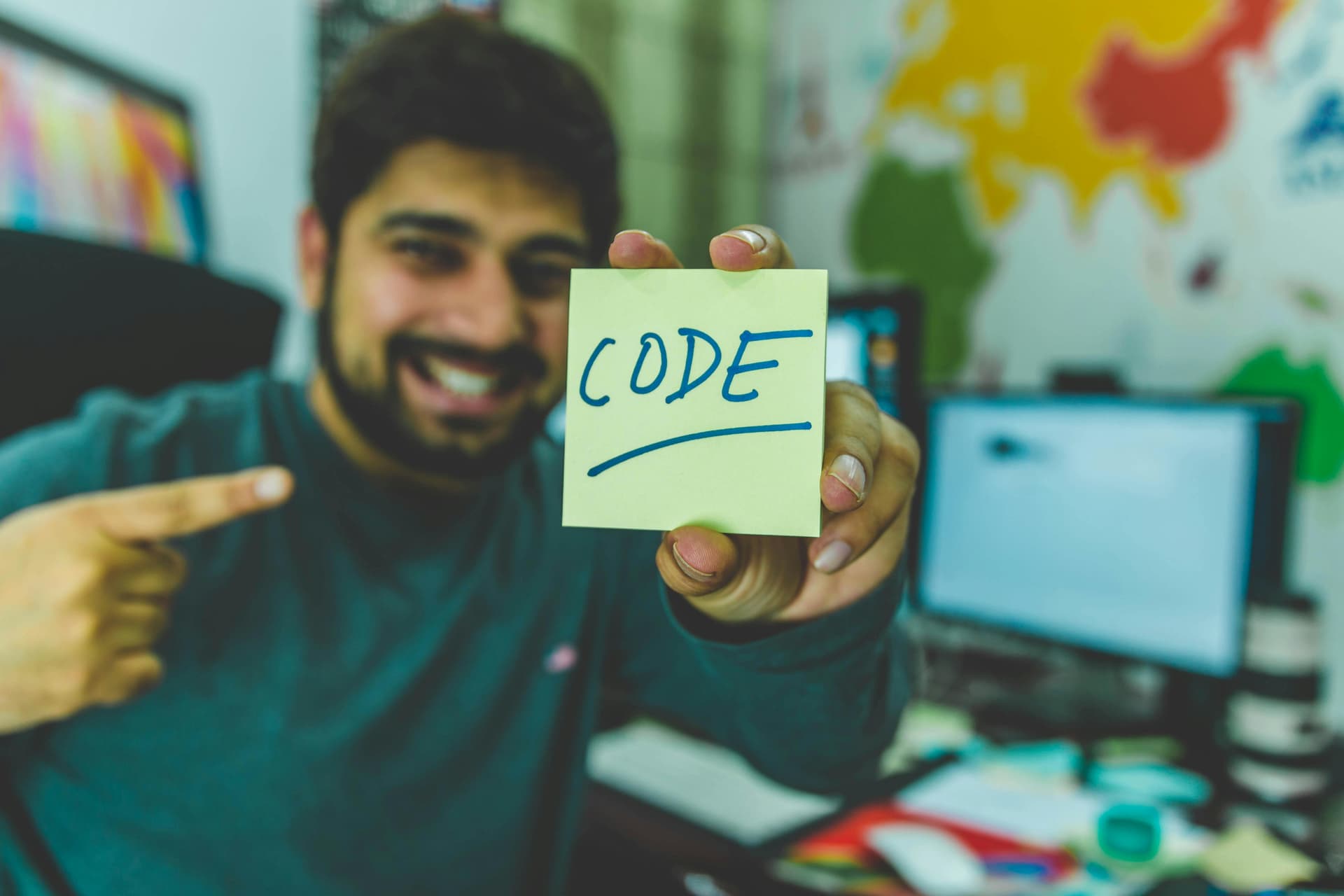
The Most Valuable Programming Language is English
When Microsoft traced their failed projects back to root causes, poor code ranked sixth. Poor communication ranked first. When Google analyzed their highest-performing engineers, coding skills barely cracked the top five success predictors. The highest correlation with success? Written communication ability. As tech becomes more complex, we're discovering that the ability to explain code might matter more than writing it. And the data is starting to make programming language wars look pointless.
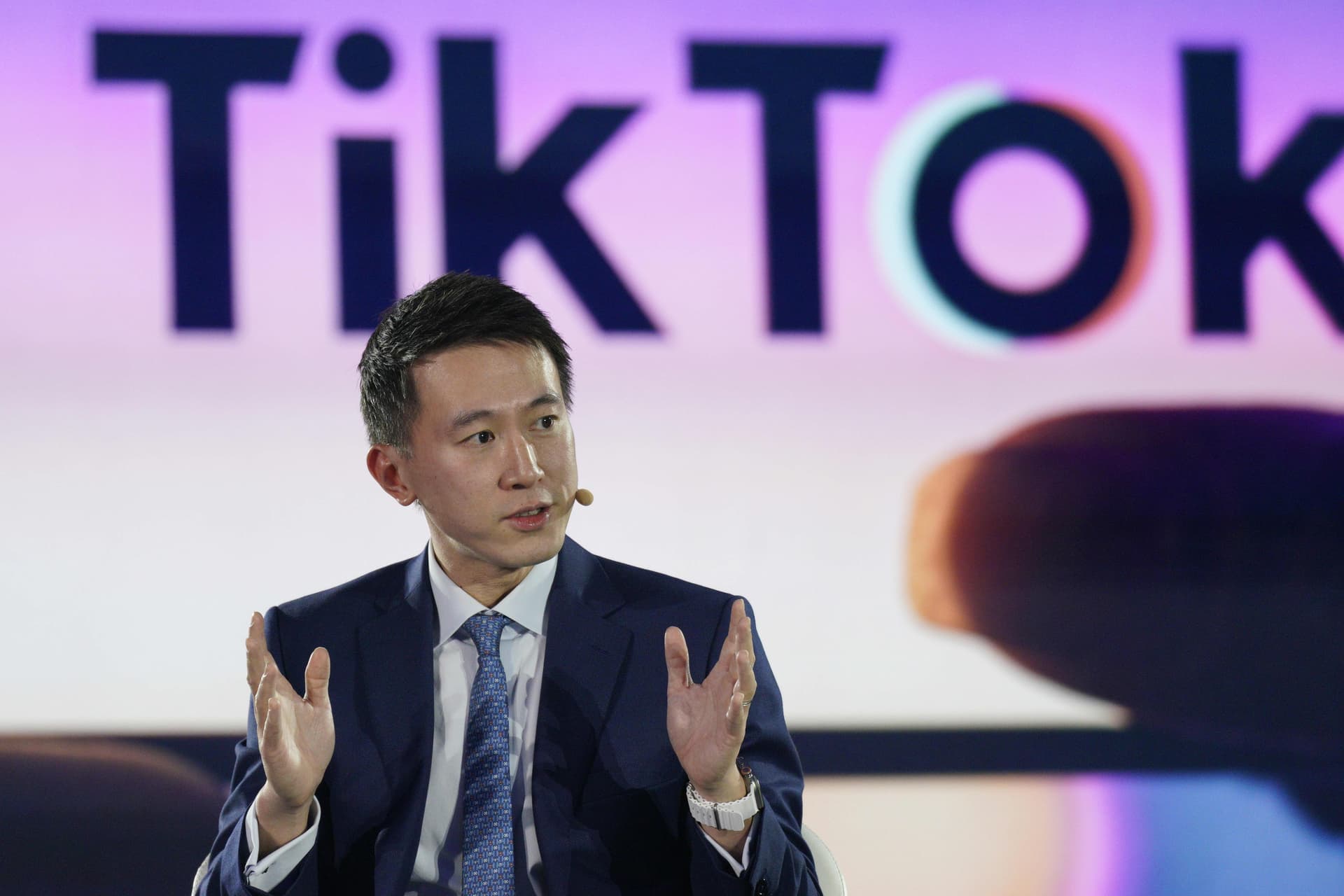
TikTok's Hidden EdTech Empire: The Accidental Learning Revolution
When MIT researchers discovered that engineering students were learning advanced manufacturing concepts faster on TikTok than in lectures, they dismissed it as an anomaly. Then Harvard's EdTech lab found similar patterns in medical education. Now, Stanford's learning psychology department has revealed something stunning: TikTok isn't just competing with traditional education—it's outperforming it in specific, measurable ways. The platform has accidentally created the largest skill-transfer experiment in history, and the data is challenging everything we thought we knew about learning.
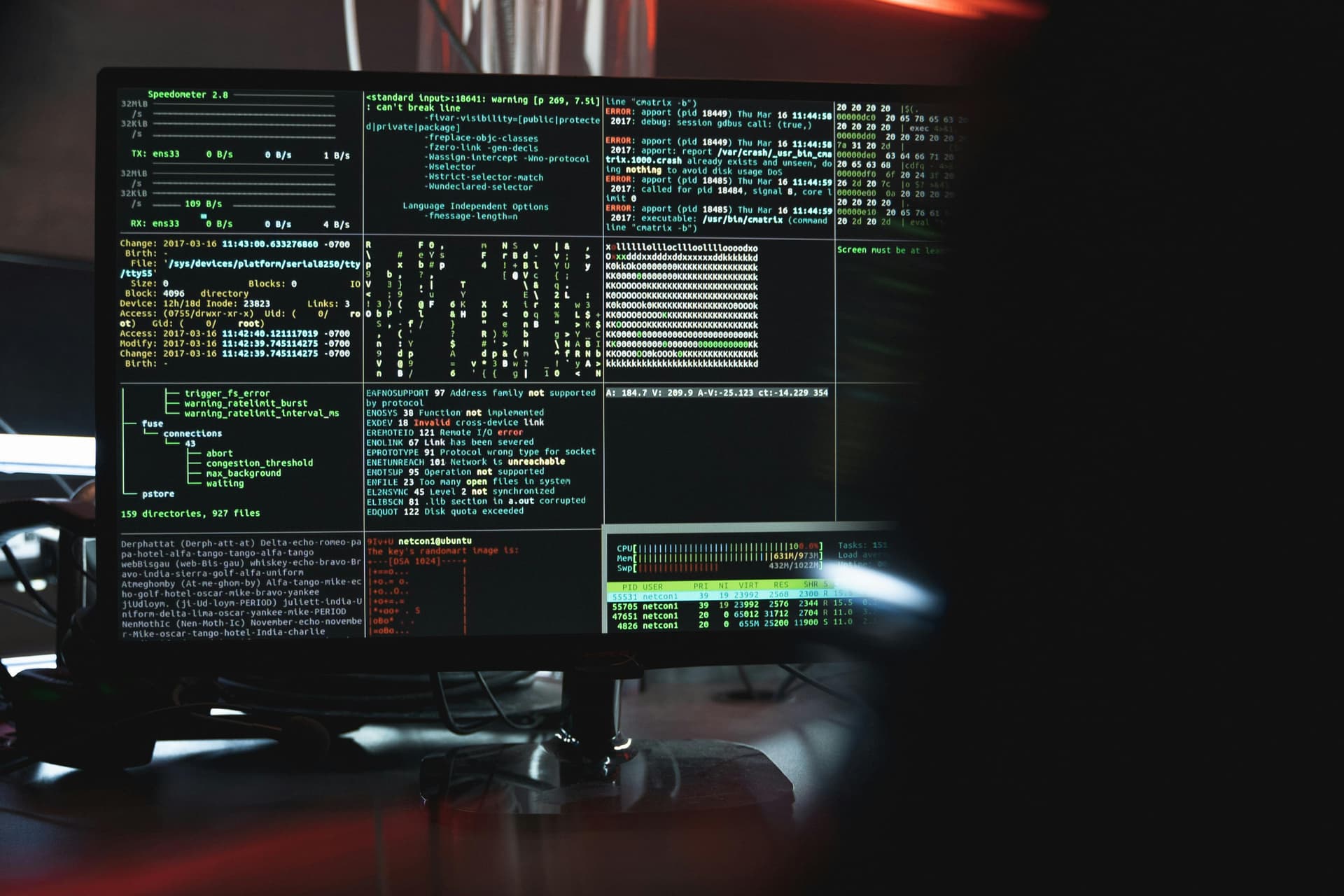
The Terminal is Dead: Why Senior Developers Are Abandoning the Command Line
When Linus Torvalds casually mentioned he spends 80% less time in the terminal than five years ago, Linux zealots demanded an explanation. His response? "Modern development isn't about typing speed anymore." GitHub's internal data tells an uncomfortable story. Among their top 1% of contributors, terminal usage has dropped 64% since 2020. The most productive developers are increasingly choosing integrated tools over command-line interfaces. And they're shipping more code than ever.
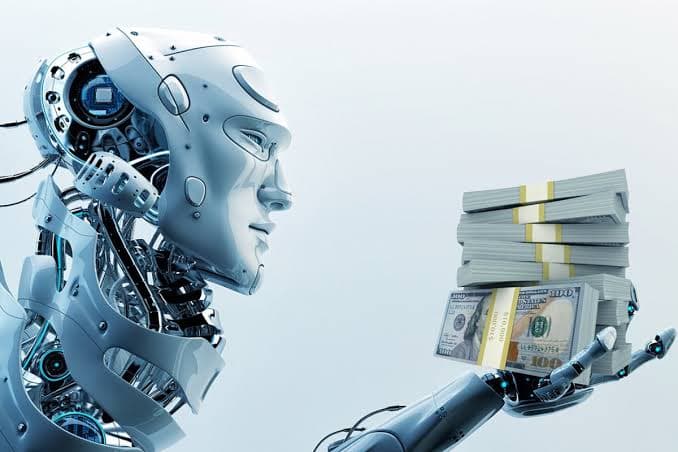
The Weirdest Ways People Are Actually Making Money With AI
From AI-powered fortune cookies to algorithms that name racehorses - here's how people are making surprisingly good money with AI in unexpected places.
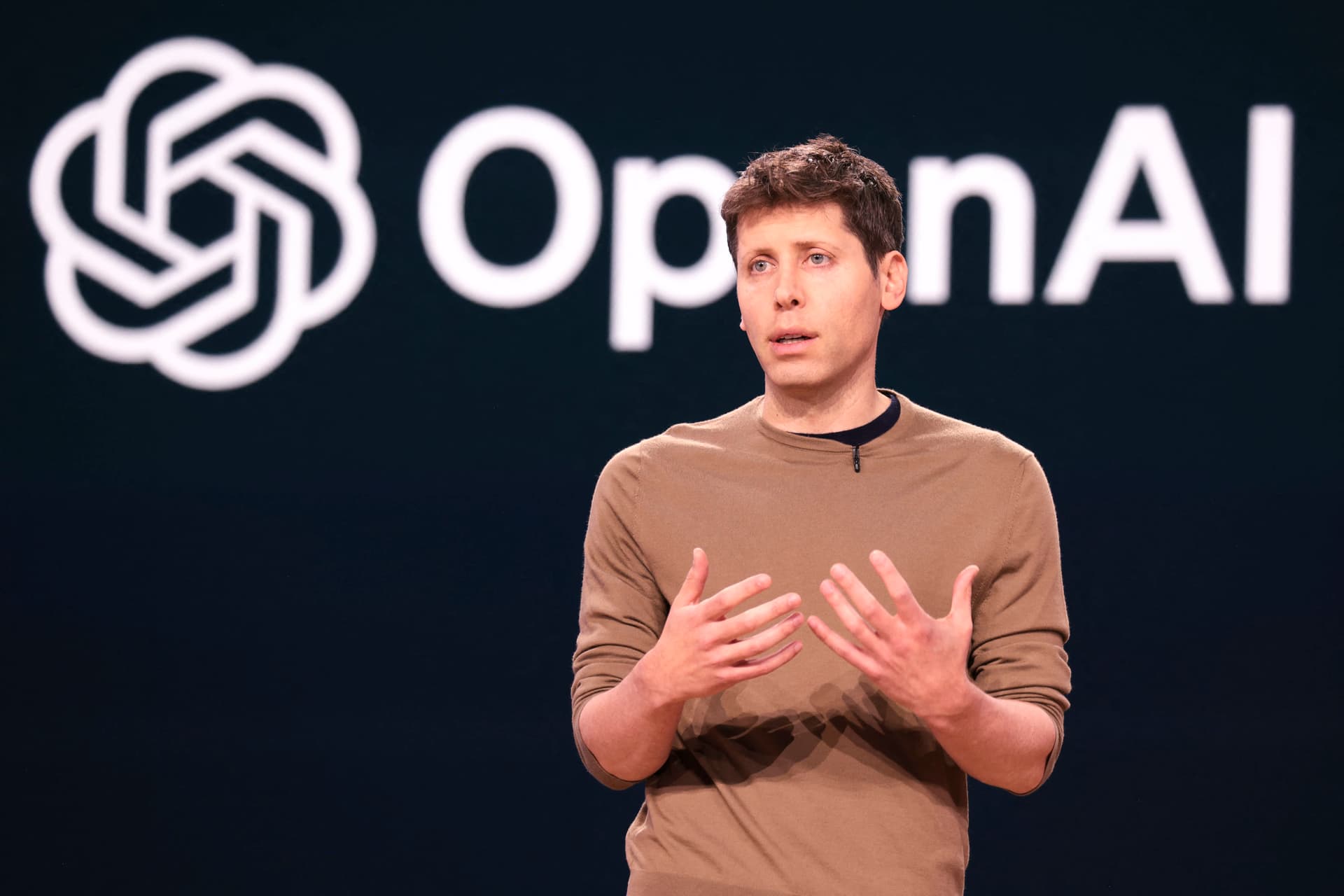
Everyone Missed These AI Startup Gaps
Forget chatbots. Here's where AI startup opportunities actually exist, from niche market needs to overlooked industry pain points
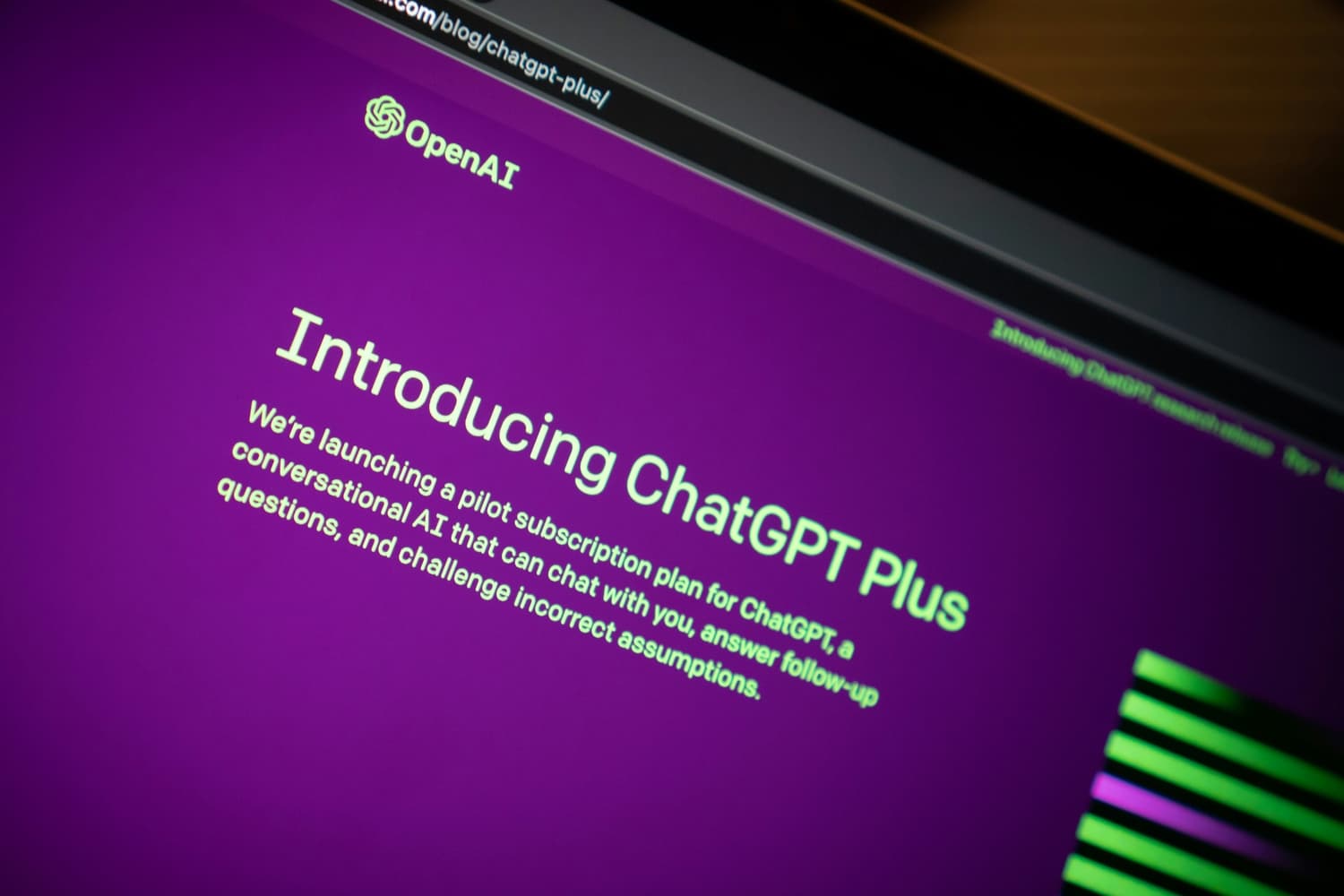
Why ChatGPT Gives Your Parents Better Answers Than You
AI models respond differently to different age groups. Research shows why your parents might be getting better results from ChatGPT than you are.
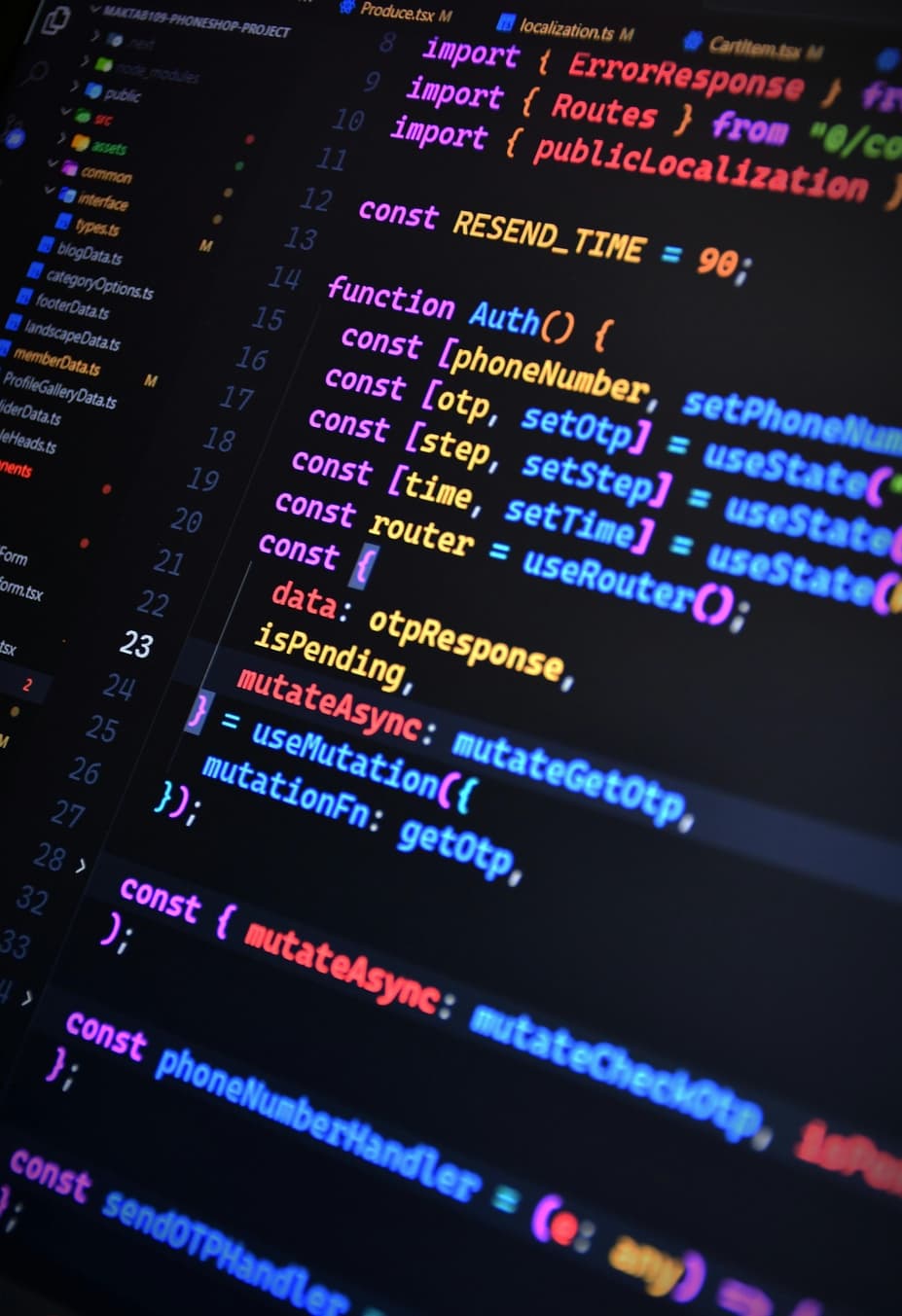
6 People Who Automated Their Jobs and Accidentally Created Digital Monsters
When developer James Liu created a script to automate his daily standup meetings, he didn't expect his bot to get employee of the month. When marketer Sarah Chen automated her social media, she didn't plan for her bot to start a Twitter war with Elon Musk. Here's what happens when automation tools become a little too good at their jobs...

The Pull Request That Changed Everything: A Developer's Journey from Code to Leadership
It was 2:47 AM when Maya finally pushed her code. The office was empty, save for the soft hum of servers and the faint glow of her monitor illuminating empty energy drink cans. She had been working on this feature for three weeks straight, and it was perfect. Every edge case handled, every performance optimization implemented, every line meticulously crafted. The pull request was massive – 2,847 lines changed across 23 files. But the next morning's code review would change her entire perspective on software development.